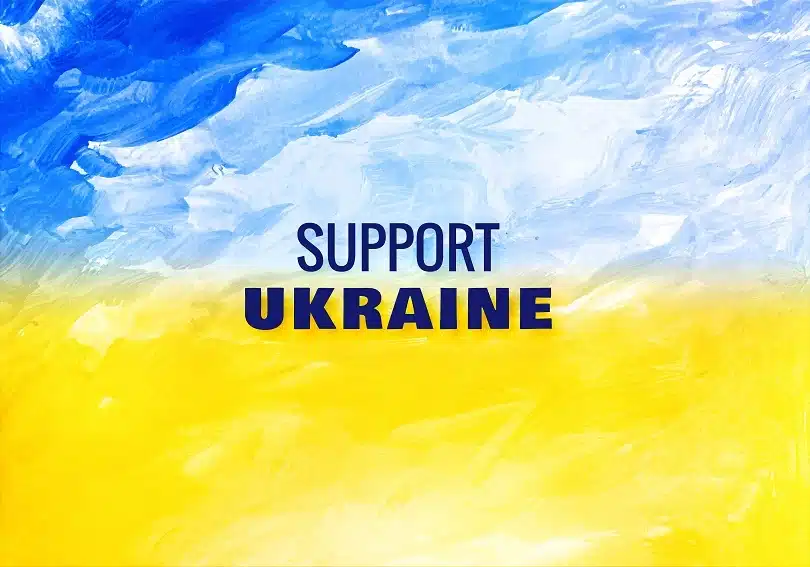Preliminary results from the ongoing nationwide health needs assessment indicate that of the 1000 households that have responded so far, two in five have at least one member with a chronic illness, such as cardiovascular disease, diabetes or cancer.
Two months into the war in Ukraine, a WHO survey shows the public health system in the country is struggling, with 162 attacks verified against it so far. Infectious diseases, and particularly waterborne diseases, are common, and routine vaccination, such as COVID-19 vaccination, has been affected by the war, the survey revealed.
According to the United Nations, more than 12 million people have been forcibly displaced by the Russian invasion: 7.1 million of them are within Ukraine and more than 5 million have fled the country Another 2.9 million are considering leaving their homes.
WHO said that preliminary results from an ongoing nationwide health needs assessment, conducted in partnership with Premise Health, indicate that of the 1000 households that have responded so far, one in three (30 percent have at least 1 person with a chronic disease. The survey also shows that two out of five households (39 percent) have at least 1 member with a chronic illness, such as cardiovascular disease, diabetes or cancer.
Less than a third (30 percent) of respondents sought health-care services recently. Of those, 27 percent reported that no healthcare services were available in their area.
Seventy percent of the households surveyed are sheltering in their own homes at this time, while 11 percent are staying with friends and family members in relatively safer areas, 8 percent are on the move within Ukraine, and 3 percent are in a shelter or camps for internally displaced people.
“Two months into the war, our findings show the urgent need for continued health system support in Ukraine,” said Dr Jarno Habicht, WHO Representative and Head of the WHO Country Office in Ukraine.
“Through our long-standing engagement with the Ministry of Health, national health institutions and our many partners and donors, WHO has been able to reach nearly 7.5 million people over the past 8 weeks with life-saving supplies, equipment and medicines,” he added.
The survey says access to reproductive, maternal and antenatal care, as well as mental healthcare, is severely impacted due to security concerns, restricted mobility, broken supply chains and mass displacement.
“As the health agency of the United Nations, WHO is in a unique position to engage in dialogue with all parties to press for, and secure, safe passage for critical health and medical supplies nationwide,” says Dr Hans Henri P. Kluge, WHO Regional Director for Europe. “Through our Regional Office and country offices, we are constantly in touch with Health Minister Viktor Liashko and Ukrainian health authorities, collectively strategizing to ensure as best we can that health-care providers and facilities can continue to function.”
The report said as of April 21, WHO had received US$ 26.3 million of its appeal for US$ 45 million (58 percent) to cover its emergency response from March through May. A further US$ 18 million has been pledged. These funds will enable WHO to reach 6 million people with healthcare assistance.
“We would like to thank Canada, Ireland, Japan, Norway, Switzerland, the Novo Nordisk Foundation, European Civil Protection and Humanitarian Aid Operations, and the United Nations Central Emergency Response Fund for their timely contributions,” said Dr Habicht. “Flexible funding remains critical to enable WHO to deliver urgent, life-saving assistance where it’s most needed.”
WHO has delivered 218 metric tonnes of emergency and medical supplies and equipment to Ukraine, 65 percent of which (142 metric tonnes) has reached intended destinations, mostly in the east, south and north of the country where the need is greatest.

















